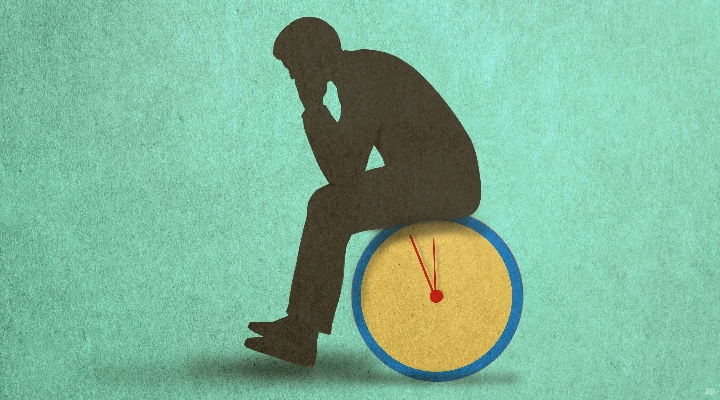Ruth Saldanha: As many investors increasingly look for ways to cut their carbon footprint, many look accusatorially at plane travel. Now, there's no denying that flying is one of the most pollutive forms of travel when it comes to emissions that contribute to climate change, However, an airplane’s speed, range and flexibility are all unmatched, making it irreplaceable for many use cases. Morningstar's ESG equity analyst, Kristoffer Inton, is here today to tell us about his latest research in this field.
Kris, thank you so much for being here today.
Kristoffer Inton: Thank you for having me, Ruth.
Saldanha: Well, the first question I have is are electric planes ever going to replace commercial jetliners?
Inton: For most types of commercial air travel, it's probably going to be pretty unlikely. And the simple fact of the matter is that existing battery technology just is unfeasible. It's just far too heavy to carry on an airplane for the amount of energy you need to make most of these flights. The exception to that is shorter commuter flights where the amount of energy a battery can carry is good enough. But when we're talking about most flights, both measured by miles travelled, passengers carried, or revenue generated, it's really unlikely that electrification can come anytime soon.
Saldanha: Now, another tone that's been battered around quite a bit, sometimes disparagingly, is carbon offsets. Can carbon offsets mitigate the carbon impact of air travel? And if not, what can we do?
Inton: Yeah, carbon offsets could potentially mitigate the carbon impact of air travel. So, what that technically does is direct some dollars to a project that would offset the carbon that's emitted during the flight. So, like, say, paying to protect the forests and keeping some carbon locked up there. The problem is, when we look at the data, most flyers are not buying them. So, in the cases where carbon offsets are available, less than 1% of travellers are buying these. So, it seems that putting the onus on the traveller to proactively pay to offset their carbon impact, it's just not going to be feasible, at least right now.
Saldanha: What do you see as being ESG risks to airlines?
Inton: So, carbon is the biggest risk that gets the most attention. But as we talked about, flying, it just doesn't have really a lot of challengers in terms of the speed, the range, the flexibility that it offers. And there's not a lot of ways that you could immediately reduce the carbon impact. And so, while there is risk related to that, it's somewhat mitigated by the fact that there's a few options that they can really pursue. The exception to that is the airlines and the aerospace manufacturers pursuing increasing efficiency through new technologies. So, that helps them reduce the amount of fuel that they burn, which also in turn helps drive down the carbon emissions.
Separately, two big ESG issues that investors should think about are human capital and product governance. So, when it comes to human capital, these fights don't fly themselves. They rely on pilots, flight attendants and mechanics to make sure everything goes smoothly. Most importantly, pilots are highly skilled and there is an ongoing debate whether there's an upcoming pilot shortage. And so, airlines really need to maintain strong relationships with their pilots. And in addition, product governance. And so, the biggest issue when it comes to product governance is safety. Given the very nature of a plane travelling so fast and high up in the air, the potential for danger is high. But flying is as safe as it's ever been right now. But that's not the only product governance issue that investors should think about when they look at airlines. They should also pay attention to how good the airline is at maintaining schedules and avoiding cancellations and delays.
Saldanha: So, with all this said, what are your top picks in this space and why?
Inton: Basically, with the economic fears abound throughout the sector, you could find any airline on discount in any region that you want to invest in. In the U.S., basically, every major airline that we cover is either in 4 or 5-Star territory. And in many other regions as well, any airline that you'd like is probably going to be on a discount. Similarly, we see discounts in the aerospace manufacturers, Airbus (AIR) and Boeing (BA). Airbus is in 4-Star territory, and Boeing is in 5-Star territory. These are great ways to play because with the opportunity to reduce carbon emissions by upgrading technologies and fleets, Airbus and Boeing stand to benefit by selling those airlines new planes. We also like Safran (SAF), which makes engines that help the aerospace manufacturers and the airlines drive those increasing efficiencies.
Saldanha: Great. Thank you so much for joining us today, Chris.
Inton: Thank you, Ruth.
Saldanha: For Morningstar, I'm Ruth Saldanha.





















